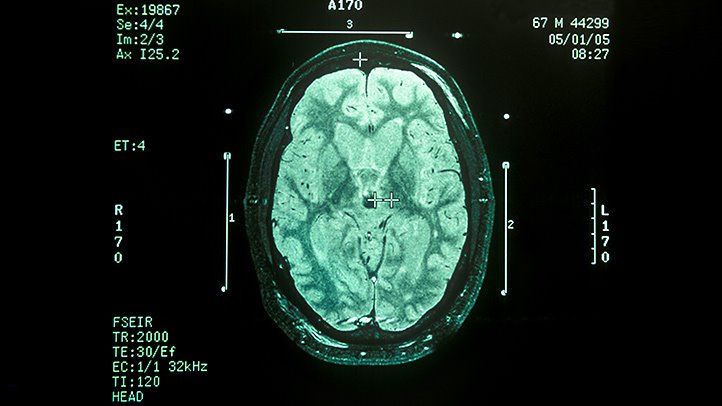Anavex reported the latest development in their neuro drug, stating that the second clinical trial they conducted proved that the drug has promising potential to treat Parkinson’s disease.
The company conducted testing for two doses of blarcamesine or Anavex®2-73, the drug in question. The experimental design was set against placebo with 132 patients diagnosed with Parkinson’s disease dementia. Participating patients were allowed to still take their current medication for the condition.
The drug targets the SIGMAR1 gene or the sigma1-receptor as its biomarker for the disorder. During the second testing trial, the mRNA expression of SIGMAR1 was boosted to optimize the lipid and protein transport within the cells.
Previous research supported the notion that inefficient transportation of the said molecules is a critical factor in the development of a neurodegenerative disease such as Parkinson’s.
Anavex’s neuro drug beats placebo
The 14-week treatment shows that patients who were given Anavex®2-73 have significantly slowed the advancement of motor and non-motor symptoms associated with Parkinson’s disease compared to the placebo group.
This result was in reference to each trial group’s scores on the Movement Disorder Society’s Unified Parkinson Disease Rating Scale. Patients who took the 50 mg dosage increased their scores by 18.9% or 11 points from their baseline data. The data shows a clinically significant change as it goes beyond the standard improvement point of 7.1.
On the other hand, those who had a placebo dropped their scores by 3.53 points. The clinical trial outcome further strengthens the direction of Anavex®2-73 as a CNS (Central Nervous System) drug.
Road to FDA approval
Christopher Missling, PhD., the CEO of Anavex, expressed that SIGMAR1’s nature as an accessible and predictive biomarker paired with the data supporting its efficacy is a clear indicator of its efficacy which lays down the foundation for Anavex®2-73 as a “cross-platform CNS drug.”
Anavex is now set to submit the results and data of its second placebo-controlled study involving the activation of the SIGMAR1 gene to the Food and Drugs Administration. Furthermore, the said data will also be presented in a medical meeting before the year ends.
The company is also planning to develop the drug for other neurodegenerative diseases like Alzheimer’s disease along with other CNS disorders like Fragile X syndrome, infantile spasms, Rett syndrome, and Angelman syndrome.
Anavex®2-73’s FDA approval is expected to take the same path as that of Biogen’s Alzheimer’s treatment Aduhelm (aducanumab). Aduhelm received FDA approval for its functional mechanism to reduce the beta-amyloid in the brain.
The process was critically secured by establishing the relationship between the biomarker and the drug’s efficacy. Considering Anavex®2-73 has shown a promising connection between SIGMAR1 and its efficacy during the trials, the likelihood of FDA approval is high.
However, much like Biogen’s Aduhelm, Anavex will most likely be obliged to conduct a post-approval confirmatory study about the drug to strengthen its claim as an effective treatment for Parkinson’s disease.















